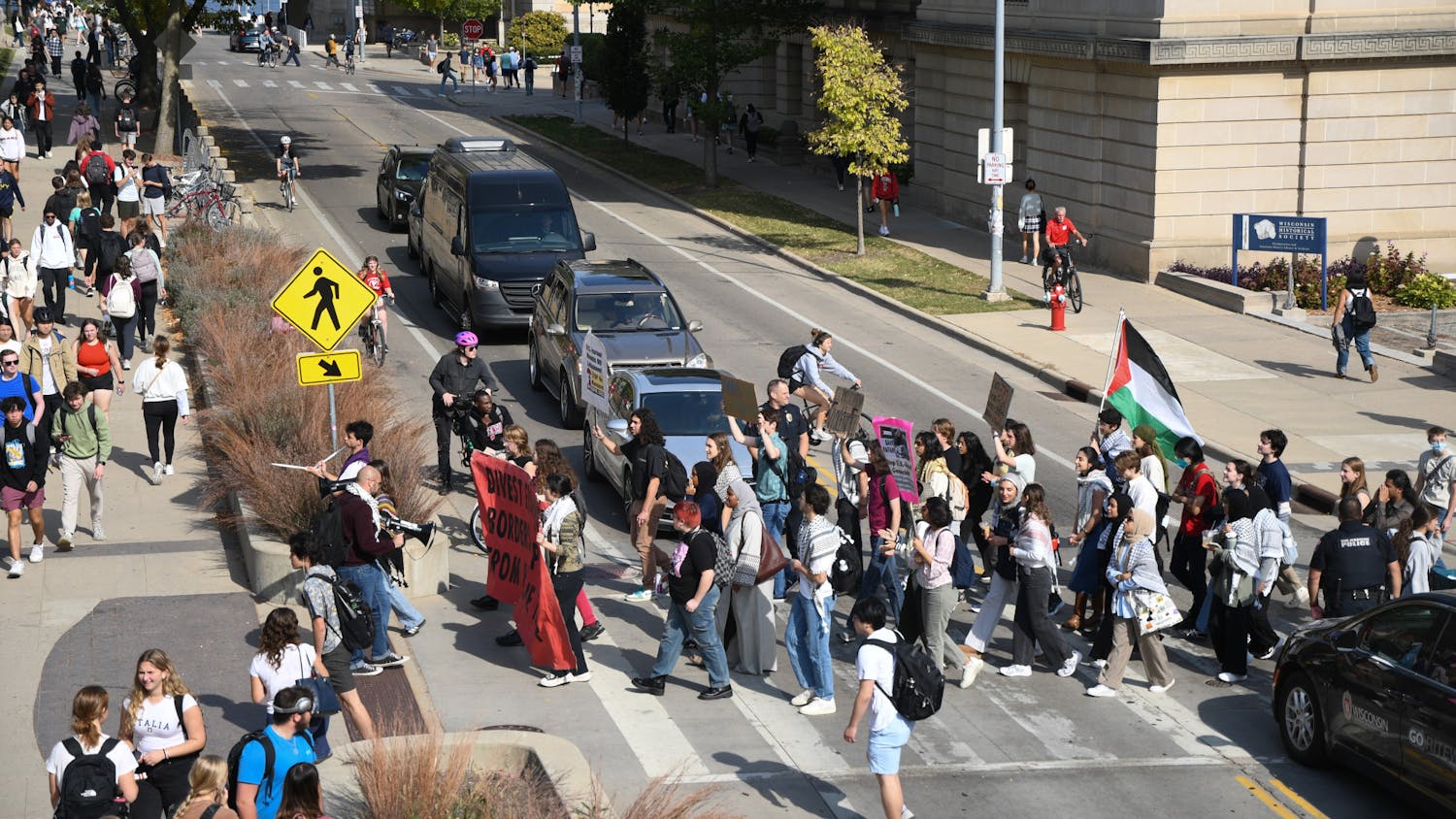The City of Madison's loitering ordinance unfairly targets and issues citations to minorities for having a different skin color and being in the wrong place at the wrong time. The statistics have and will always support this thesis, and, therefore, last night's reauthorization of the law'this time without a sunset clause'by the Madison City Council was greatly misguided.
Proponents of the law'including the Madison police chief'have said the ordinance's intention is to target drug dealing in predominantly African American \challenged neighborhoods."" This explanation does not make us feel better about how our police deal with loitering, which, as enforced, amounts to little more than racial profiling.
Since its original passage in August 1997, statistics have overwhelmingly shown that the loitering ordinance'despite its almost yearly reaffirmation'does unfairly target minorities, especially African American males. Between January and March 1999, 61 people were cited under the law, 48 of them African American males, according to police records. The most recent statistics are no different, as 80 percent of people cited under the loitering ordinance in 2001 were African American.
What is perhaps most alarming, however, is the relative ambivalence of city leaders toward this misguided law'one that many regard as unconstitutional.
When asked for her impressions of the law by the Wisconsin State Journal a few years ago, Mayor Sue Bauman told a reporter that open-air drug sales seem ""to be a more prevalent activity in the African American community,"" whereas ""whites seem to buy and sell drugs indoors somewhere.""
That statement is indicative of the blindness with which this law was conceived and is enforced. One would be hard-pressed to substantiate the mayor's claims.
City council members, other city leaders and members of the Madison Police Department should take a good look at the numbers and see who they are ultimately targeting for nothing more than standing outside on a street corner. Think of the number of citations the police department would issue if they attempted to enforce the law on State Street. City leaders have never drawn the necessary link between the loitering ordinance's success and attempts to curb open-air drug dealing.
At the least, Madison's loitering ordinance should be repealed as soon as possible. Even a person ignorant of civil rights and liberties could not morally endorse this form of racial profiling.
One would think this would go without saying, but then again, here we are.





